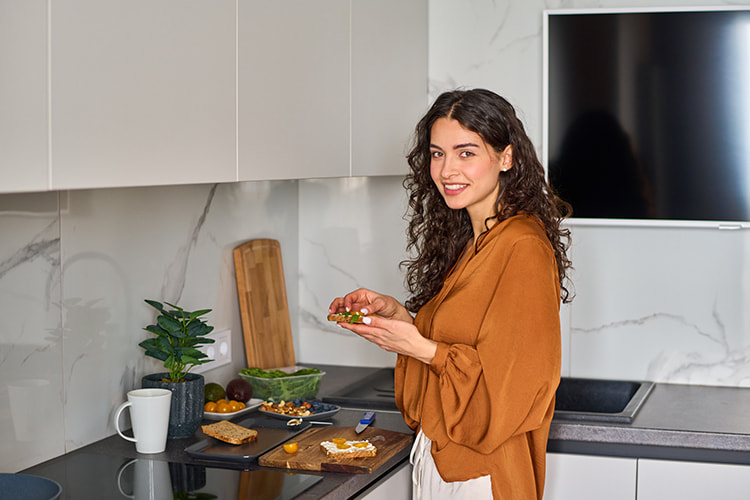
Operating under the “less is more” principle, the minimalist model encourages a lifestyle focused on simplicity and intentionality. By reducing possessions and eliminating excess, minimalism aims to create more physical and mental space for what truly matters. From home design to financial planning, minimalism is gaining traction across all ages and income levels. Here’s everything you need to know about adopting a minimalist lifestyle.
The Benefits of Minimalism
Minimalism offers many benefits, and people adopt it for different reasons. Common motivations include:
- Financial Freedom: Cutting unnecessary spending to save for meaningful goals like paying off debt, buying a home, or investing in education.
- Emotional Clarity: Reducing personal drama and distractions to focus on relationships and living in the moment.
- Decluttered Spaces: Clearing out physical and mental clutter for a more organized and stress-free environment.
Beyond these practical benefits, minimalism can bring peace and fulfillment. By eliminating distractions and stressors, many experience improved mental and physical health, which are invaluable rewards.
Creating a Minimalist Home
A minimalist home prioritizes simplicity and functionality. It’s uncluttered, easy to maintain, and organized. Here’s how you can start transforming your living space:
- Start with Furniture: Remove bulky or oversized furniture and opt for sleek, simple designs in neutral colors.
- Declutter: Sort through belongings and only keep what you need or what holds deep sentimental value. Donate or sell items you no longer use.
- Clear Surfaces: Remove unnecessary items from floors, countertops, and tables to create open, breathable spaces.
- Simplify Walls: Limit wall decorations to a few meaningful pieces or keep them bare to avoid visual clutter.
Minimalism doesn’t mean eliminating all decoration. Instead, it’s about intentionality—choosing fewer, meaningful items that enhance your space without overwhelming it.
Embracing a Minimalist Life
Minimalist living extends beyond your home. It’s a mindset that impacts your finances, health, and relationships:
- Financial Benefits: Spend less on unnecessary purchases and redirect funds toward meaningful goals like savings, investments, or experiences.
- Health Improvements: Reduced stress and clutter can lead to better mental health, increased focus, and even physical well-being.
- Environmental Impact: Consuming less reduces waste, making minimalism an eco-friendly choice.
- Deeper Connections: By removing distractions, you can dedicate more time and energy to the people and activities that matter most.
Final Thoughts
Adopting the minimalist model is a journey toward intentional living. When you live with less, you often discover that you need less. Freed from the pressure to accumulate more, you can fully appreciate and enjoy your possessions. Minimalism isn’t about sacrifice; it’s about prioritizing what brings value and joy to your life. By embracing minimalism, you give yourself the gift of clarity, freedom, and contentment.